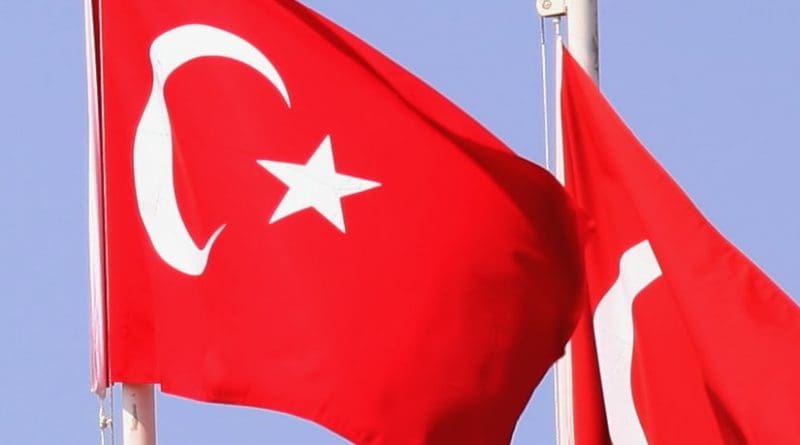Greece Crisis Effect On Turkey Economy Ambiguous
By SETimes
By Esra Serez
Despite the ongoing debt crisis in Athens, trade between Turkey and Greece has remained steadfast. Experts differ on the longlasting impact of the Greek crisis, with some arguing that the effect will continue to be minimal, while others see opportunity.
“We cannot say whether there have been net positive or negative effects of the crisis on Turkish economy at this point,” chairman of the Turkey-Greece Business Council at the Foreign Economic Relations Board (DEIK) Selim Engel tells SETimes, noting that Greek exports and investments to Turkey increased in the first half of the year.
According to Turkish Exporters Assembly (TIM) Deputy Director-General Mustafa Mente, the crisis has had little affect on bilateral economic relations.
“Turkey’s exports to Greece in the first half of 2011 have increased by 19%, compared to the same period last year. Imports from Greece have also seen an increasing trend,” Mente told SETimes.
Turkish exports to Greece totaled $876m, up from $738m in the first half of 2010. Official data also shows that Turkey’s imports from Greece increased by 82% in the first five months of 2011.
Mente does admit that the debt crisis has impacted Turkey on a microeconomic level. ”Certain retailers such as Gizia and Ipekyol have closed their branches in Greece,” he notes.
However, Engel says Turkish businesses withdrew from Greece not only because of the debt crisis, but also to diversify their country portfolio.
Turkey’s textile retailer Ipekyol closed eight stores in Greece and announced that it would soon invest in Russia. The Turkish brand Gizia also closed its three shops in Greece at the beginning of the year and has since opened seven new branches in Turkey.
“I don’t think the Greek crisis has had a big impact on Turkey. Trade and economic ties are fairly limited, and Turkey has a fairly diversified export structure,” Timothy Ash, an economist at the Royal Bank of Scotland, told SETimes.
The crisis in Greece has just underscored the massive progress made by Turkey over the pass decade, he added.
However, the impact of the crisis has been been felt in certain regions such as Ayvalik on the Aegean Sea, where the Chamber of Commerce confirmed to SETimes that local businesses have suffered a more than 50% drop in business in the first half of 2011.
The district traditionally receives many Greek tourists during the summer due to its location close to Mitilinis, a large Greek island.
The debt crisis in Greece, however, has also brought new opportunities to Turkish companies, according to Engel. “Contracting firms in Turkey are interested in privatization plans in Greece,” he said, referring to the Greek government’s plans to privatize about $70 billion worth of public assets as part of its austerity program.
OTE telecoms company, Hellenic Postbank, the ports of Thessaloniki and Piraeus, and the Thessaloniki water company are some of the companies Greek authorities have said they would privatize.
Engel also says Turkey has helped Greece during this crisis time.
“Businessmen and the Turkish government have shared their experiences from the 2001 financial crisis,” he noted.
According to Engel, other ways Turkey is helping its neighbor is by reducing bureacracy for Greek businesses and encouraging tourism in Greece. “I saw eight large cruises when I was at Lesbos island. They were all carrying Turkish tourists to the island,” he says.

